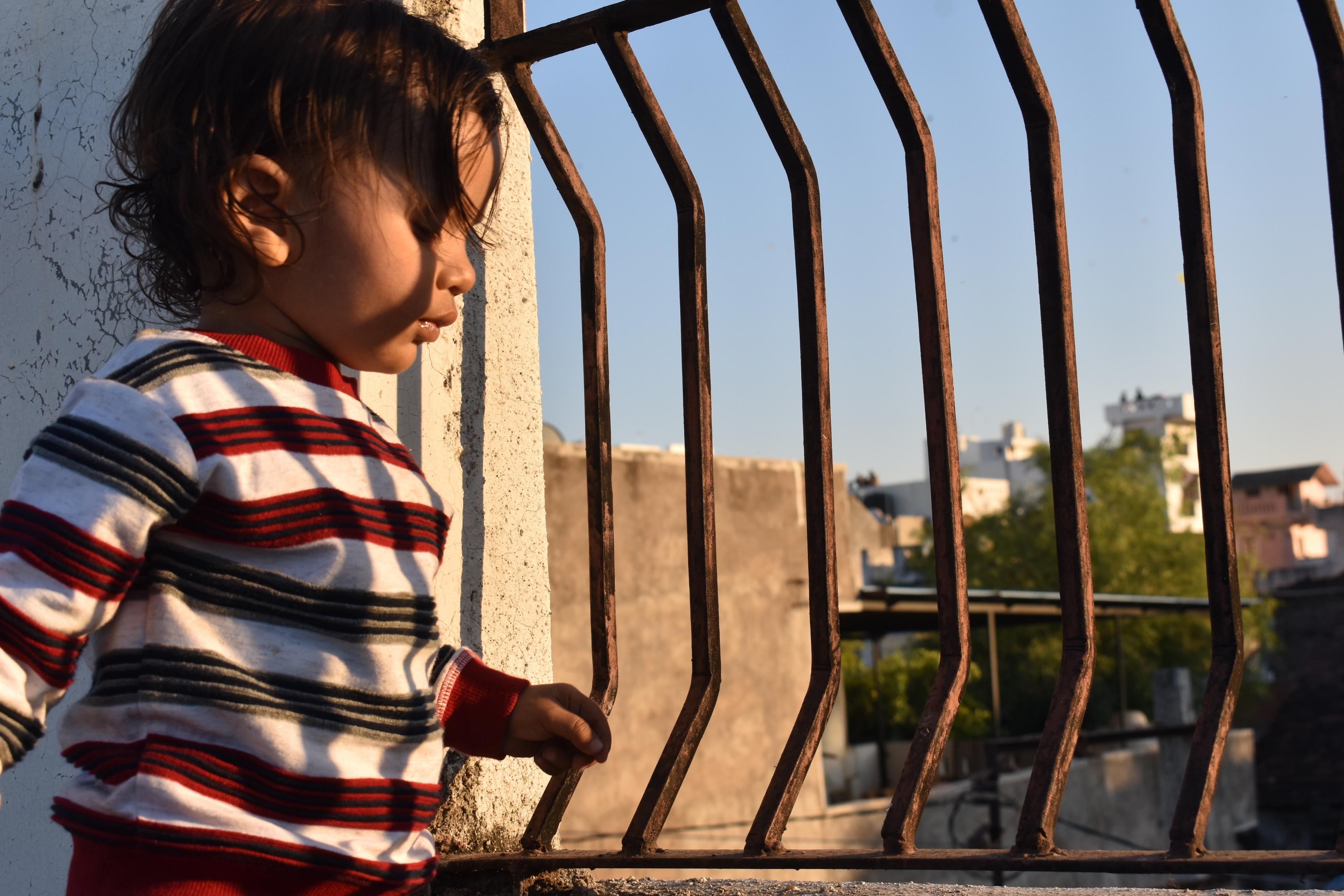Freedom within limits is a core Montessori concept that allows children to explore and learn for themselves within a safe and orderly environment. This concept is achieved through the design of the prepared Montessori classroom, which includes low open shelves, logically ordered activities, and child-friendly work spaces. Children are free to move around the classroom and choose their own work, as long as they abide by the ground rules of respect for oneself, others, and the environment.

Why is freedom within limits important in Montessori education?
Freedom within limits is important in Montessori education because it encourages children to become engaged and interested in their own learning. It allows them to discover their own needs, interests, and abilities and to work at their own pace. Additionally, freedom of choice and freedom to repeat activities aids in developing self-correction, problem-solving and patience. Also, freedom of communication and freedom to make mistakes promotes real-life experiences. The freedom within limits also benefits children by fostering respect and responsibility.
What are the limits in Montessori classrooms?
The limits in Montessori classrooms are the ground rules of respect for oneself, others, and the environment. These rules ensure that children work safely and productively, show respect for others and their work, and properly care for everything in the classroom. Additionally, it also includes adhering to the rules of inviting another child to work with and not interrupting others work.
What are the types of freedom in the Montessori environment?
The types of freedom in the Montessori environment include freedom to move, freedom of choice, freedom of time, freedom to repeat, freedom to communicate, and freedom to make mistakes. These freedoms encourage children to explore their environment, work at their own pace, develop social skills and problem solving, and learn through hands-on experiences.
How does freedom within limits benefit children?
Freedom within limits benefits children by fostering independence and self-motivation, encouraging children to become respectful members of the classroom community, and promoting real-life experiences. It allows them to develop their own interests and skills, work at their own pace and make mistakes in a safe and nurturing environment. Additionally, freedom within limits aid in developing important skills like self-correction, problem-solving, patience, and communication.

